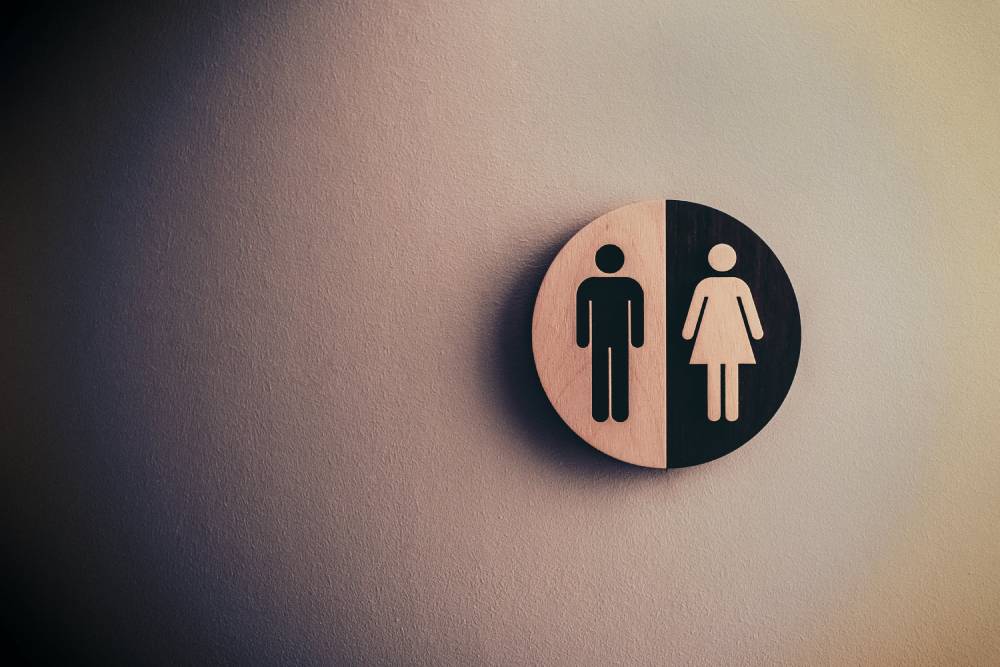How did Valentina Tereshkova make a mark in history? The 26-year-old became the first female astronaut to embark on a journey of 70 hours and 50 minutes to circle our planet 48 times.
All these years and even today if someone reads about astronauts or engineers, the first flashing figure comes that of a man! Have we got to blame the patriarchal culture for our involuntary reaction to think like that? Or maybe not, because statistics support our assumption – only 3% of the world’s pilots are women. And we haven’t yet gone into the data of other professions! Maybe it’s time we identify the reason behind this miniscule percentage of the female workforce and remedy it.
The first step towards this huge change could be breaking gender stereotypes of various degrees and extents at various levels, i.e. during the developmental stages of infants, in schools as part of textbook education, as part of good parenting and bringing more disciplined and less gender-specific thinking at workplaces.
So what is a gender stereotype?
As per the High Commissioner for Human Rights, Gender stereotype refers to a preconceived attribute or characteristic that is meant to be possessed by men and women or the roles that are or should be performed by them individually.
A typical gender-based stereotypical environment restricts an individual’s capacity to develop their attributes and have a holistic nurturing.
While in Indian society, girls and women are the maximum victims of gender stereotypes, females across the world suffer because of this. And although in a culture like India where joint families, male-dominant society do not consider this important, it has extremely serious consequences on girls from a very young age.
The fact is that neither girls or boys are born sexist – it is only the society that is to be blamed to make individuals reach at this point.
Education is the key to the problem
Partly it is the education that is to be blamed for instilling the seeds of gender stereotypes at a very young age. However, it is only through the right education that one can strive to eradicate it.
As per Unesco, the governments of individual countries have a huge role to play in eradicating this. Like for instance, school curriculum and teacher training programs can be periodically reviewed to ensure that this mentally is not perpetuated. As part of tutorials, networks or other extracurricular programmes and workshops, gender-stereotype issues can be addressed and discouraged.
Nonprofits across the world have been working with governments and schools at urban and rural levels to address this issue by advising people to :
Discourage sexism: Why girls should focus on housework and boys can stay outdoors till late hours? These kind of stereotype thinking are social constructions and should be discouraged.
Practice equality: Treat both sexes equally and give both genders an equal opportunity to nurture and grow
Focus on holistic education: The more people practice holistic education, the more our society can be on equal grounds
Follow lateral thinking: Let children choose their preferences from an early age regardless of whether or not they correspond to what the stereotype holds
Ahmedabad Women’s Action Group (AWAG) has been working on the issue of gender equality and awareness right since its inception. With the help of training workshops and shibirs conducted at urban and rural levels with women and girls, they are educated about their rights, myths in the society and to overcome gender stereotypes for a better and empowered living.

